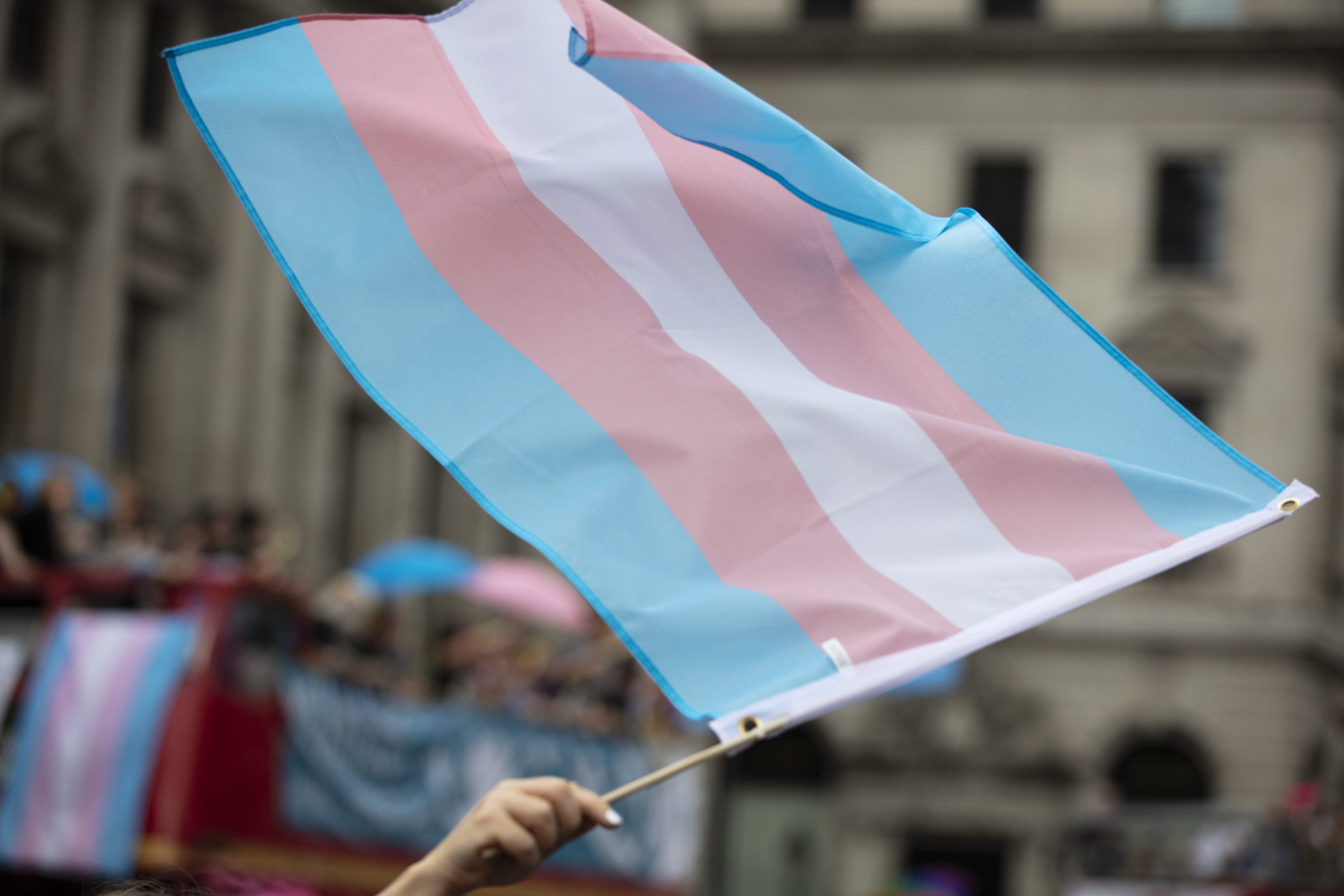Tennessee Law Banning Most ‘Gender Affirming Care’ Reinstated
Originally published at National ReviewThe Sixth Circuit Court of Appeals has reinstated Tennessee’s law banning (in most circumstances) puberty blockers and surgeries for children with gender dysphoria. It had been enjoined as to puberty blockers by a trial judge, who ruled the law was unconstitutional on its face. But the Court of Appeals overturned the injunction, allowing the law to remain in effect pending further proceedings.
First, it chided the trial judge for overreaching. From, L. W. v Skrmetti (my emphasis):
The challengers also are unlikely to prevail on their due process and equal protection claims…First, the challengers do not argue that the original fixed meaning of either the due process or equal protection guarantee covers these claims. That prompts the question whether the people of this country ever agreed to remove debates of this sort—about the use of new drug treatments on minors—from the conventional place for dealing with new norms, new drugs, and new technologies: the democratic process. Life-tenured federal judges should be wary of removing a vexing and novel topic of medical debate from the ebbs and flows of democracy by construing a largely unamendable federal constitution to occupy the field.
Along the way, the ruling makes a great pitch for federalism and, by implication, condemns our rampant cancel culture that permits only one side of a cultural controversy to be heard.
Given the high stakes of these nascent policy deliberations—the long-term health of children facing gender dysphoria—sound government usually benefits from more rather than less debate, more rather than less input, more rather than less consideration of fair-minded policy approaches. To permit legislatures on one side of the debate to have their say while silencing legislatures on the other side of the debate under the U.S. Constitution does not further these goals.
The court notes that the issue of “gender-affirming care” is not settled as LGBT activists, the medical establishment, and the Biden administration insist, but remains contested and controversial:
That many members of the medical community support the plaintiffs is surely relevant. But it is not dispositive for the same reason we would not defer to a consensus among economists about the proper incentives for interpreting the impairment-of-contracts or takings clauses of the U.S. Constitution. At all events, the medical and regulatory authorities are not of one mind about using hormone therapy to treat gender dysphoria. Else, the FDA would by now have approved the use of these drugs for these purposes. That has not happened, however, giving us considerable pause about constitutionalizing an answer they have not given or, best we can tell, even finally studied.
Citing Dobbs, the court found that legislatures have a legitimate role in this field:
State legislatures play a critical role in regulating health and welfare, and their efforts are usually “entitled to a ‘strong presumption of validity.’” As a result, federal courts must be vigilant not to “substitute” their views for those of legislatures, Dobbs, 142 S. Ct. at 2284, a caution that is particularly apt when construing unenumerated guarantees. Judicial deference is especially appropriate where “medical and scientific uncertainty” exists.
True. But it seems to me that principle is not absolute. For example, I question whether new–and in my view, authoritarian–laws in some blue states declaring refusal to validate the feelings of a child with gender dysphoria is child abuse and grounds for removal from the home, should receive the same respect.
The ruling closes with a dose of unusual humility:
These initial views, we must acknowledge, are just that: initial. We may be wrong. It may be that the one week we have had to resolve this motion does not suffice to see our own mistakes. In an effort to mitigate any potential harm from that possibility, we will expedite the appeal of the preliminary injunction, with the goal of resolving it no later than September 30, 2023. In the interim, the district court’s preliminary injunction is stayed.
The dissenting judge agreed that the injunction was not properly ordered, but dissented in part, believing that the law is unconstitutional sex discrimination. I hope not. Because if it is, sex discrimination will have become so malleable a concept as to be all-encompassing.
In any event, this case is good news for those who care about protecting children with gender dysphoria from permanent harm caused by unwise and overly aggressive body-altering medical interventions. Let’s hope it sticks.
